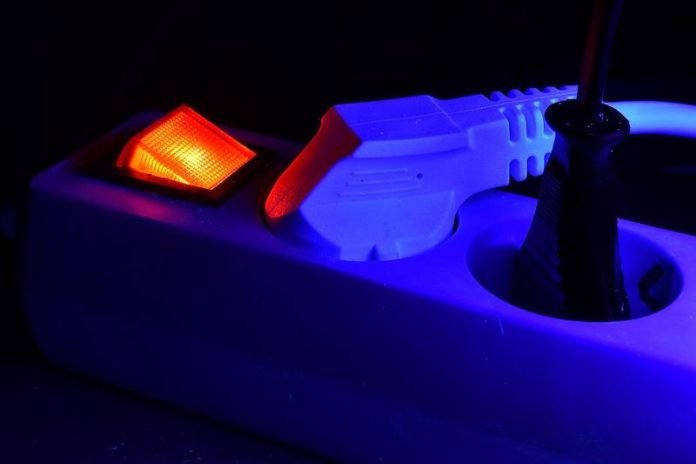
Scientists from Binghamton University found the correct dosage of ultraviolet to fight against COVID.
The research is published in Scientific Reports and was conducted by Kaiming Y et al.
When the COVID-19 pandemic emerged in early 2020, ultraviolet radiation became one of the go-to methods for preventing the spread of the SARS-CoV-2 virus, along with facemasks, hand sanitizer, and social distancing.
In the study, the team added a retrovirus similar to SARS-CoV-2 to three different media (a cell-culture medium, water, and an artificial re-creation of human saliva) and exposed them to three different wavelengths in the UVC range.
UVC kills viruses and other microorganisms by damaging their DNA and RNA, which are the bioorganic building blocks for life.
The best results during the study came from a range of 260 to 280 nanometers, which is commonly used in LED UVC lights.
Wavelengths below 260 nanometers can be deployed only in unoccupied spaces because they can damage human skin and eyes.
Based on the results of the research, the researchers have designed an LED light disinfection system that should cause less damage to human skin. They are doing additional testing before applying for a patent on it.
Also, the team found that two amino acids (L-tryptophan and L-tyrosine) and a vitamin (niacinamide) are strong absorbers of UVC.
This discovery could lead to lotions that would block exposure and prevent skin damage if UVC disinfection becomes more prevalent in public spaces.
The team believes the most important part of this research is that it offers a scientific basis for standardizing and regulating claims from manufacturers of UV disinfectant devices.
If you care about COVID, please read studies about new risk factor for severe COVID-19, and new antibody treatment for COVID-19.
For more information about Covid, please see recent studies about two paths toward ‘super immunity’ to COVID-19, and results showing that CBD from cannabis may inhibit COVID-19 infection.
Copyright © 2022 Knowridge Science Report. All rights reserved.



